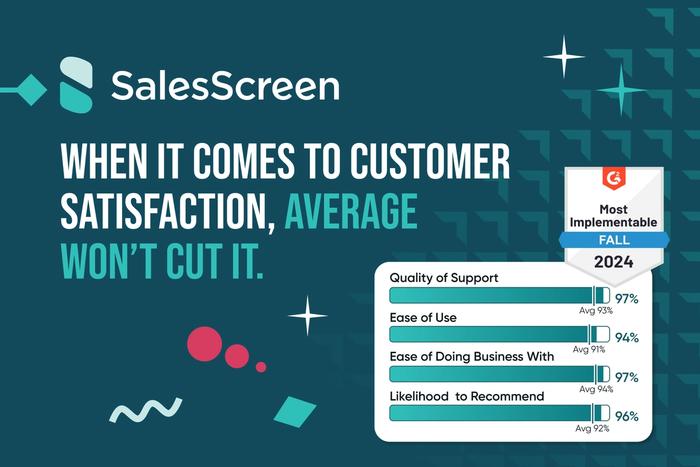Corporate culture is the only sustainable competitive advantage that is completely within the control of the entrepreneur.”
– David Cummings, Co-Founder, Pardot
According to entrepreneur.com, company culture is “a blend of the values, beliefs, taboos, symbols, rituals and myths all companies develop over time”. Essentially, it is the personality of the company and the general work atmosphere. Thus, company culture contributes greatly to employee happiness–and happy workers are more productive and have better performance. Studies show that “39% of workers would work harder if they are happy in their current role or place of work”.
So of course company culture is significant to the success of a company overall. Here are 3 major reasons why.
Employee retention
Having a good company culture makes a huge difference in retaining employees. The stats speak for themselves…
- Employee turnover and retention is the number one challenge for 47% of HR leaders.
- Replacing an employee can cost 150% of his or her annual salary–according to Gallup.
- Another study by Deloitte found that “the cost of losing one employee can range from tens of thousands of dollars, to 1.5-2X their annual salary.”
- A study by Columbia University revealed that the likelihood of job turnover at a company with rich company culture is only 13.9%, compared to 48.4% in companies with poor culture.

Engagement and motivation
Good company culture means happier employees, which means higher engagement and motivation. More motivated employees perform their tasks with a much higher degree of efficiency and professionalism. In turn, the level of motivation and engagement in an office has a profound impact on the overall company culture.
![]()
Aligned goals help better the company
When goals are aligned and employees feel like there is a common purpose that everyone is working towards, the company will perform better. This is because humans are a results oriented species and we like to know that if we’re putting forth full effort then there is some reason or tangible result. The more closely the goals are aligned to productivity and efficiency, the more effectively you will build a strong company culture where everyone is willing to give 100%.











